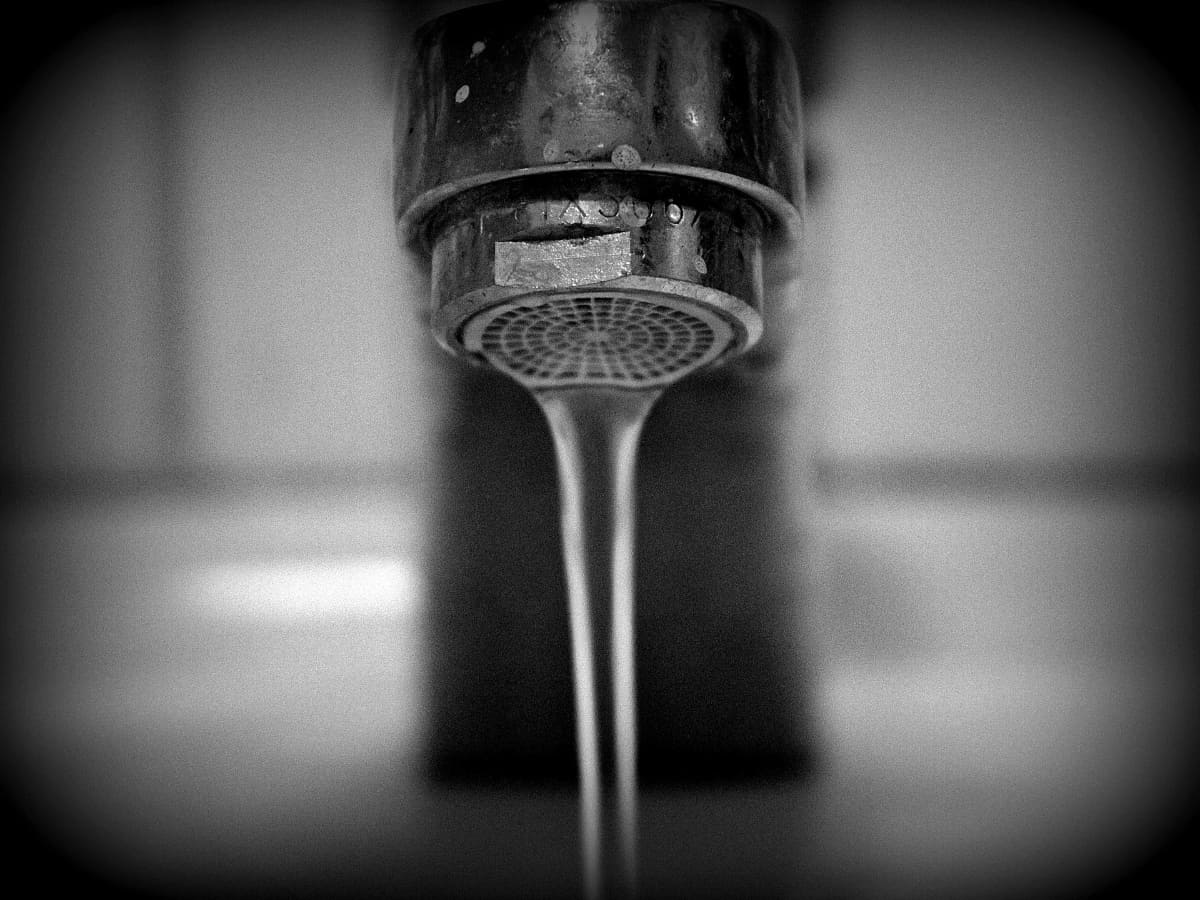Fort Worth is known for its red meat, its cattle ranching, and down-home American, country values. But what if you’re wondering about Fort Worth water quality? Unfortunately, the city doesn’t have high regards in that arena.
To be fair, water quality is an important and often overlooked topic in households across America (not just exclusively in Fort Worth). It isn’t talked about because water contaminants are present in all tap water sources. Water quality tells us if our drinking water contains contaminants that may cripple our health. Some harmful contaminants can come from the natural environment, such as microbial contaminants in soil or metals in rocks. Other harmful contaminants come from human sources, such as fertilizers, pesticides, industrial, and even household wastes.
We all use water on a daily basis. We use it not only to drink, but to bathe in, wash our clothes, water our gardens, cook, and clean. The presence of contaminants in drinking water is not necessarily a health risk in which you need to alert health officials. However, it’s important to know exactly what’s in your water. As the wise saying goes, it’s better to be proactive rather than reactive.
In this article we’re going to focus exclusively on Fort Worth water quality and identify the top contaminants found in water studies. We’ll also help you understand the steps you can take to get clean water and protect your health at home.
Fort Worth Water Quality: What’s In My Water?
The following data is provided by EWG Tap Water Database for the City of Fort Worth. Per their website, it’s important to note that the “tap water provided was in compliance with federal health-based drinking water standards.” Water standards have not been updated in nearly 21 years and that legal water quality does not necessarily mean safe.
So, what’s exactly in your tap water in Fort Worth, Texas?
- Arsenic was found at 264 times above EWG’s Health Guideline.
- Bromochloroacetic acid was found at 169 times above EWG’s Health Guideline.
- Bromodichloromethane was found at 56 times above EWG’s Health Guideline.
- Chloroform was found at 9.3 times above EWG’s Health Guideline.
- Dibromoacetic acid was found at 52 times above EWG’s Health Guideline.
- Dibromochloromethane was found at 32 times above EWG’s Health Guideline.
- Dichloroacetic acid was found at 25 times above EWG’s Health Guideline.
- Haloacetic acids (HAA5) was found at 83 times above EWG’s Health Guideline.
- Total trihalomethanes (TTHMs) was found at 77 times above EWG’s Health Guideline.
These contaminants are just a few examples of what’s actually in your water.

How To Get Healthier Water At Home
If you’re worrying about the health of you and your family after learning about all the yucky toxins in your water, take a deep breath. Because there’s a silver lining to all of this and it comes in the form of water filtration.
Yes, filtering your water with a water filtration system is an excellent way to keep your water healthy and safe for using. When searching for a filtration system for your home, there are three main types for you to choose between:
- Activated Carbon Filter: You’re likely to find these filters in popular water filter pitchers. While they’re not as effective as the other filtration system, they can be impactful in removing the taste and odor of chlorine from your water. They can also reduce contaminants like lead and fluoride.
- Reverse Osmosis Filter: A reverse osmosis system is great for whole home water filtration. They can remove, not just reduce, chemical contaminants such as chloride, copper and lead. They can also filter out bacteria like Salmonella or E. coli, as well as viruses and protozoa.
- Ion Exchange Filter: If your home suffers from hard water, then an ion exchange filter has your back. This system is powerful enough to reduce the amount of calcium and magnesium in your water. The final result is softer water.
Another way to push for cleaner water in your community is to advocate to the elected officials who have a say in water quality – talk to your HOA, your city hall, and the state legislature to Congress all the way to the Oval Office – by asking questions and demanding answers.
Start With A Water Test
Yes, a water filtration system is an excellent way to enjoy clean water at home 24/7. But the first step is to understand exactly what’s in your water at home. Sure, we know Fort Worth water quality could use improvement. But how can you improve your water at home? A water test can help you decide just that. And when you work with a company like ONIT, you can expect your test to be absolutely free. You can also expect to have clear answers about test results with follow-up solutions for protecting the water in your home.
Contact us today to find out what’s in your water. Whatever your needs are, we’re ONIT. Visit us online or call us at 1-833-433-0331.



